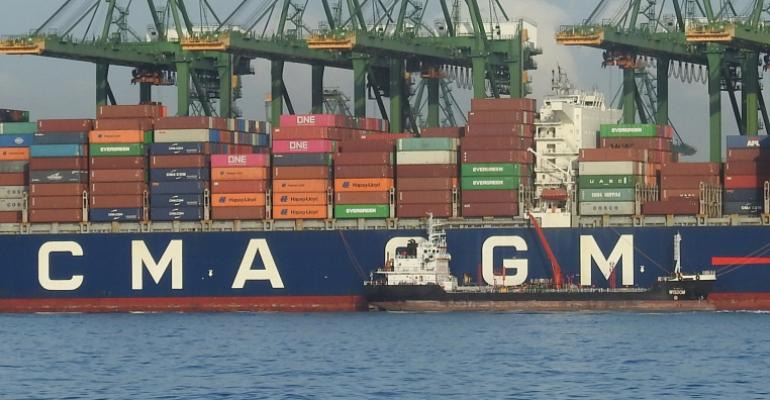The first financing was on a BDN between TFG Marie and Ocean Network Express (ONE) supported by Asencz, DBS Bank and the Maritime & Port Authority of Singapore (MPA).
Banks currently rely on physical copies of the BDN which is both cumbersome and has a higher risk of fraud and manipulation. Mass Flow Meters are used for the digitised bunker delivery allowing the parties to ascertain trade data at source.
Sriram Muthukrishnan, Group Head of Trade Product Management, DBS, said, “The digitalisation of bunker delivery notes is one of many pivotal steps necessary to transition Singapore’s bunkering sector into the digital era and to ensure our port and shipping industry is future-ready. The objective is to co-create an end-to-end digital workflow that enhances efficiency and transparency for bunker trades, while building trust with banks and shipowners which are fundamental to the long-term growth and development of Singapore’s bunker ecosystem.”
Kenneth Dam, Global Head of Bunkering, TFG Marine explained, “This pilot project has allowed TFG Marine to demonstrate how the use of Mass Flow Meters, that we have installed on our barges in the port of Singapore and elsewhere, not only increases transparency for customers in terms of the quantity of fuel received, but can also be adapted to provide real time information as a digital bunker delivery note to counterparties including customers, the port authority, financing banks and port agents
The live pilot transaction comes on the back of a joint agreement signed between DBS and MPA in 2020, to accelerate the digitalisation and innovation of financial services and payments across Singapore’s maritime industry. Singapore is the world’s largest bunkering port with close to 50m tonnes of fuel sold in its waters in 2020.
Kenneth Lim, Assistant Chief Executive (Industry) of MPA, said, “MPA has been accelerating the maritime industry’s digital transformation efforts, and these include digitalisation of the bunkering sector, a vital part of our hub port service offering. The adoption of digital documentations will help stakeholders across the value chain move towards more efficient and transparent operations that are aided by data-driven decision making.”
Copyright © 2024. All rights reserved. Seatrade, a trading name of Informa Markets (UK) Limited.
Add Seatrade Maritime News to your Google News feed.  |

